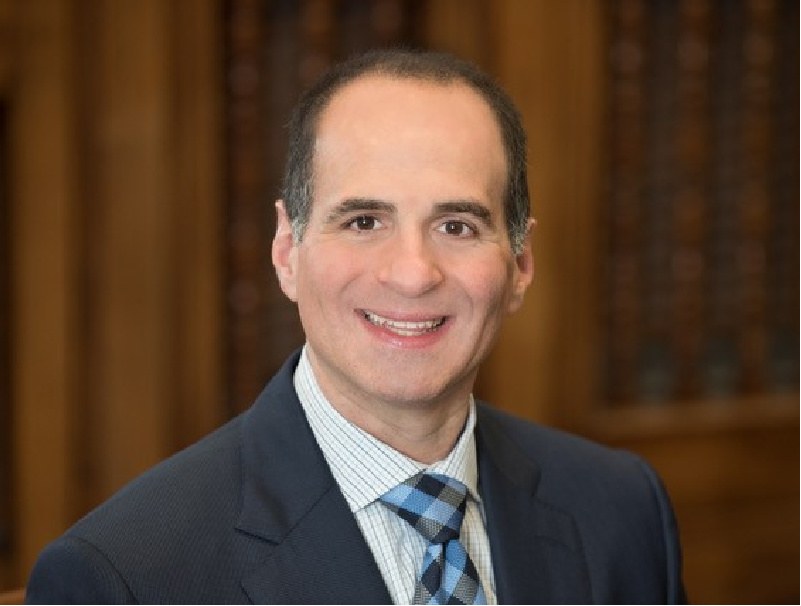CANCELLED-Interpreting Trust Distribution Provisions: A Conversation between a Drafter and an Implementer

Health
Generally, medical requests are easily met. However, there may be grey areas:
- Is the request a medical necessity/for a regular checkup?
- Is the request of a preventative nature?
- If the request is for a dependent of the beneficiary, depending upon the provisions, should the trust pay for medical care of that dependent?
- Is the beneficiary requesting funds for an alternative course of treatment that is experimental or not generally accepted by the medical community or not available in the US?
- Can the trust financially support the request?
- How far should the trustee go—to get permission to consult with doctor?
Education
Requests for education likewise may not be so clear-cut:
- Is the request for an accredited college or university? Online?
- Is the beneficiary a “professional student”?
- Should the Trustee monitor grades?
- What expenses should the trust cover outside of tuition, books, room & board? …a car, fraternity/sorority, special equipment, materials, supplies, etc…
- Rising cost of tuition is a consideration
Maintenance and Support
When a beneficiary requests funds for monthly maintenance and support, most Trustees require a budget and/or tax return or financial statement to show the beneficiary’s current expenses and other means of support. Some large purchase are problematic—such as cars, homes, and vacations, if the document does not address these items directly.
Challenges:
- Language: “standard of living to which he/she is accustomed” at the time the trust was established; broad subjective standards such as “general well-being”; “happiness.”
- Can the Trust cover dependents of the beneficiary?
- Based on cash flow and total market value, can the trust continue to make requested distributions and maintain the trust? If not, has this been discussed with the beneficiary for planning purposes and setting expectations?
- Language that favors one beneficiary over the other
- Debt servicing for spendthrift clients/helping clients with their “credit”
Considerations
- First, look at the terms of the governing instrument – is the distribution allowed?
- Standards for distribution
- Objective standards such as health, education, maintenance and support (HEMS)
- Broader standards such as comfort, best interest, continuity of lifestyle, etc.
- Complete and unrestricted can be problematic
- Is there language that shows that the intent is to favor one beneficiary over another?
- Client documentation – budget, tax return, financial statement, receipts, statements, invoices, bills, estimates, etc.
- Are you required to consider other resources?
- Market value and nature of the trust assets – what percentage of the market value is the request?
- What is the purpose of the trust?
- When does the trust terminate?
- 65-day election distributions. A trustee has the opportunity to make a distribution of income that was earned and accumulated in the prior year during the first 65 days of the following year and having it taxable to the beneficiary in the prior year.
- If there is a co-trustee(s), must have co-trustee’s decision in writing
- Incentive and disincentive provisions – most professional trustees prefer that a family advisor or an individual trustee advise the professional trustee regarding substance abuse and the like as it is difficult for the professional trustee to become aware of such circumstances.
- Discretionary termination considerations
- Are there conditions in the governing instrument?
- Under a certain size?
- Uneconomical to continue
- At any time after a certain age
- In the best interest of the beneficiary
- Age and demonstrated financial maturity of the beneficiary
- Fees and expenses as a percentage of market value or income
- Is there still a need for a trust, but maybe with a different trustee?
LAURA WALKER PLUNKETT is a member of Stone Pigman Walther Wittmann L.L.C., where she chairs the Firm's wealth advisory practice groups (Trusts and Estates; Nonprofits; and Fiduciary Litigation). She is a Tax Law and an Estate Planning and Administration Specialist, Certified by the Louisiana Board of Legal Specialization. Prior to moving to Louisiana, she practiced in McLean, Virginia with McGuireWoods. She concentrates her practice in the counseling of owners of privately-held businesses and high net worth individuals in their estate, tax and business succession planning and philanthropic endeavors, including private foundations, plus succession administration, including high-stakes fiduciary litigation. Ms. Plunkett is a Fellow in the American College of Trust and Estate Counsel and President of the New Orleans Estate Planning Council. She is a frequent author and speaker.

